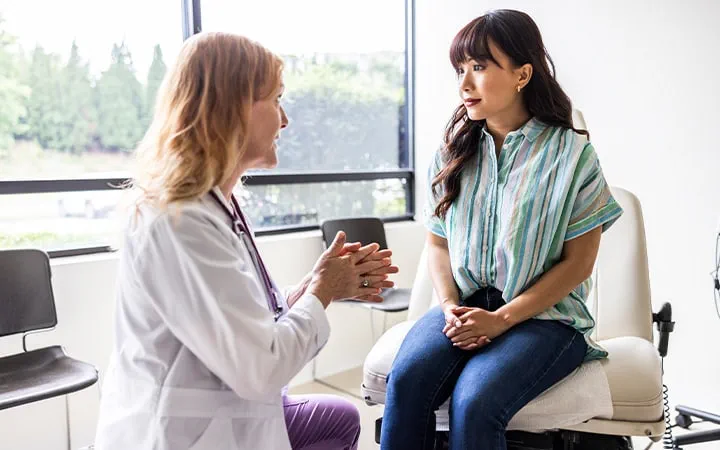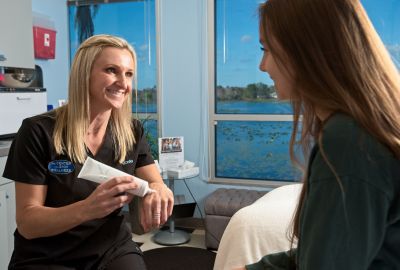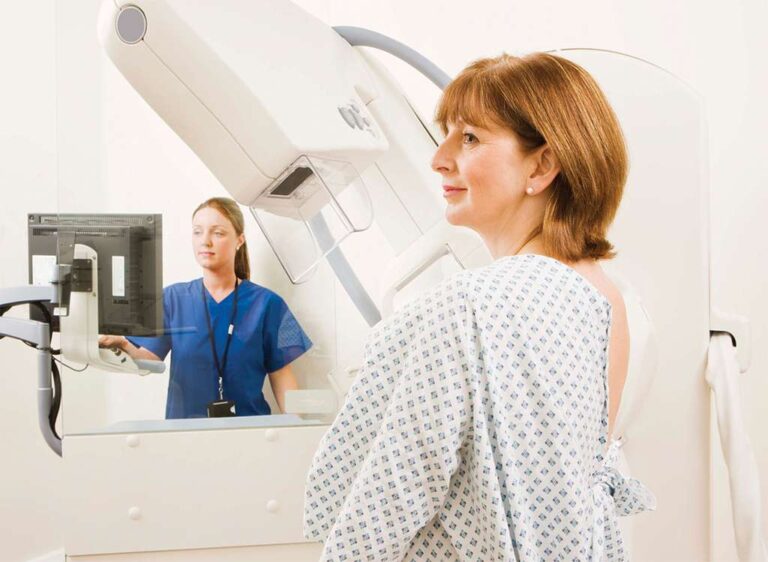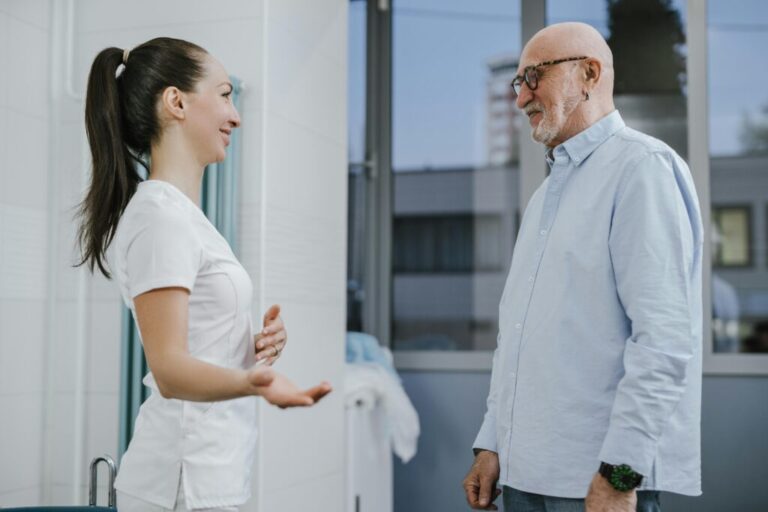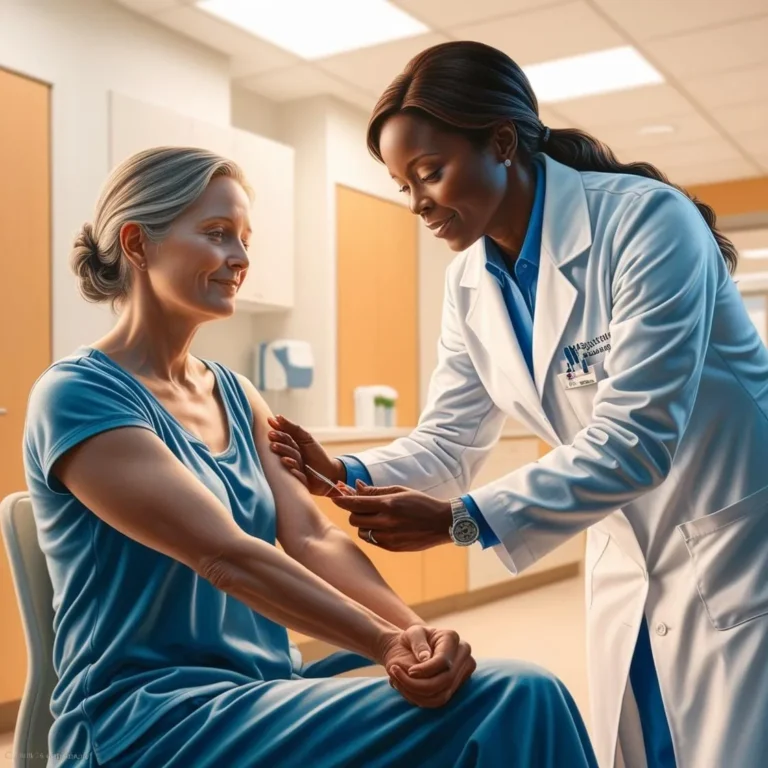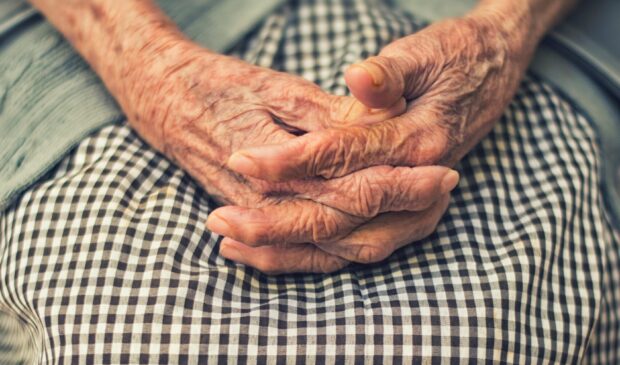Recovery Tips After Gallbladder Surgery
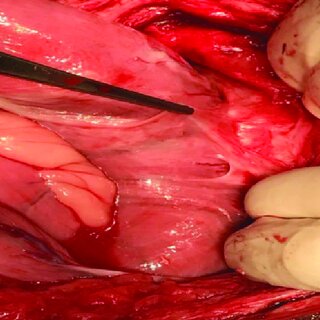
Gallbladder surgery, or cholecystectomy, is performed by a gallbladder specialist to remove the gallbladder. This surgery is often recommended to treat gallstones or other gallbladder-related conditions. While recovery is generally straightforward, following the right steps can help patients heal efficiently and reduce risks. Here are some helpful recovery tips following gallbladder surgery:
Manage Pain and Rest Appropriately
Post-surgery pain is common, but managing it effectively supports recovery. Take prescribed pain medications as instructed by your gallbladder specialist. These medications may help minimize discomfort and allow you to rest comfortably. Rest is a key aspect of recovery, as your body needs time to heal from the procedure. Avoid overexerting yourself in the initial days.
Sleep in a comfortable position that does not place pressure on your incision site. For many patients, lying on their back with a pillow for support may help. Also, be alert to any unexpected pain or discomfort and report it to your gallbladder doctor immediately.
Adjust Your Diet Gradually
Dietary changes are fundamental after gallbladder surgery because your body needs time to adjust to the absence of the gallbladder. Starting with clear liquids and gradually transitioning to soft, low-fat foods often prevents digestive discomfort. Once your digestive system has stabilized, incorporate solid foods in small portions.
Avoid high-fat, fried, or spicy foods during this time, as they may worsen digestive issues. A gallbladder specialist often provides detailed dietary recommendations, making sure that meals are both nutritious and easy on the stomach. For instance, lean proteins, whole grains, and steamed vegetables can form the basis of a balanced post-surgery diet.
Engage in Light Activity for Recovery
Light physical activity, like short walks, is a helpful way to promote healing and prevent complications. Begin with brief, slow walks around your home and gradually increase distance and duration based on your comfort. Walking improves blood circulation and supports overall recovery. Avoid strenuous activities or lifting heavy objects until cleared by your gallbladder surgeon.
Pay attention to your body’s signals during any activity. Stop immediately and consult your gallbladder doctor if any movement causes noticeable pain or discomfort near the surgical site. Light activity is beneficial, but you should balance it with sufficient rest.
Focus on Wound Care and Follow-Up
Caring for the surgical incision is key to avoiding infection and promoting healing. Keep the wound area dry and clean, and follow any specific wound-care instructions given by your gallbladder doctor. It is also key to change dressings as directed and monitor the site for signs of infection, such as redness, swelling, or discharge.
Attend all scheduled follow-up appointments with your gallbladder specialist. These visits allow your doctor to monitor your recovery progress and address any concerns. Reporting symptoms like fever, severe pain, or trouble digesting foods during these appointments enables prompt intervention if complications arise.
Talk to a Gallbladder Specialist Today
Recovering from gallbladder surgery requires attentive care and incorporating key strategies. Managing pain, adjusting your diet, engaging in light activity, and caring for your surgical site are all fundamental aspects. Following your gallbladder surgeon’s advice supports a smooth recovery and reduces the risk of complications. Consult a gallbladder specialist today for expert answers to your questions and personalized guidance.
- What to Expect When Visiting a Foot and Ankle Specialist
- Causes of PTSD
- The Link Between Plantar Fasciitis and Weight Gain: What You Need to Know
- How Pet Ownership Can Positively Impact Life with Fibromyalgia
- The Importance of Stretching and Flexibility in Sports Medicine
Dr. Emma Green is a health and wellness expert with over 10 years of experience in nutrition and fitness. Passionate about helping others live their healthiest lives, Dr. Green shares practical advice on wellness, nutrition, and sustainable living through LivingSpristine.

